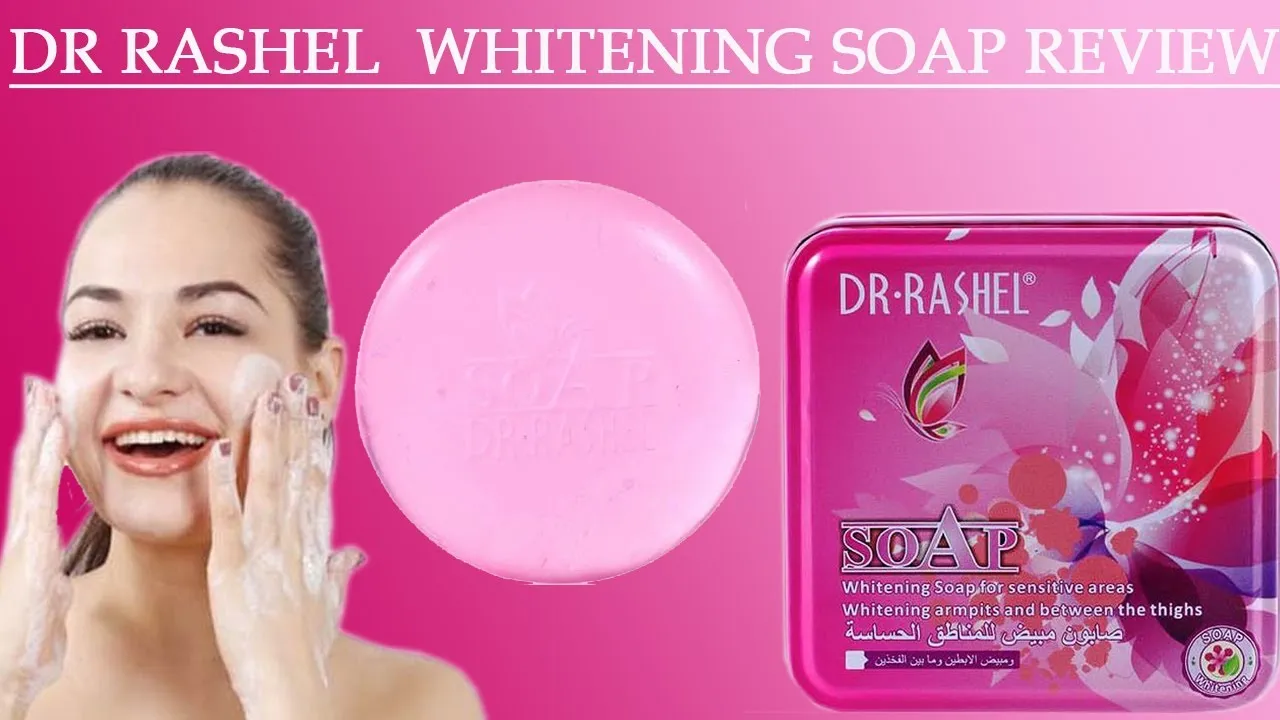Understanding the PH of Skin and Whitening Soap
The journey to achieving brighter, more even-toned skin can be a complex one, especially for those with sensitive skin. A crucial aspect often overlooked is the pH level of the products you use, particularly whitening soaps. Understanding how pH affects your skin and the importance of choosing the right soap is paramount to achieving desired results without causing irritation or damage. This guide delves into the secrets of whitening soap, focusing on the critical role of pH and other vital factors for sensitive skin.
The Importance of PH Balance for Sensitive Skin
Sensitive skin is, by definition, more prone to irritation and reactions. Maintaining the skin’s natural pH balance is essential for protecting its barrier function and preventing issues like dryness, redness, and inflammation. The skin’s natural pH is slightly acidic, typically around 4.5 to 5.5. This acidity helps to ward off bacteria and maintain the skin’s health. When this balance is disrupted, the skin becomes vulnerable.
How PH Affects Skin Health
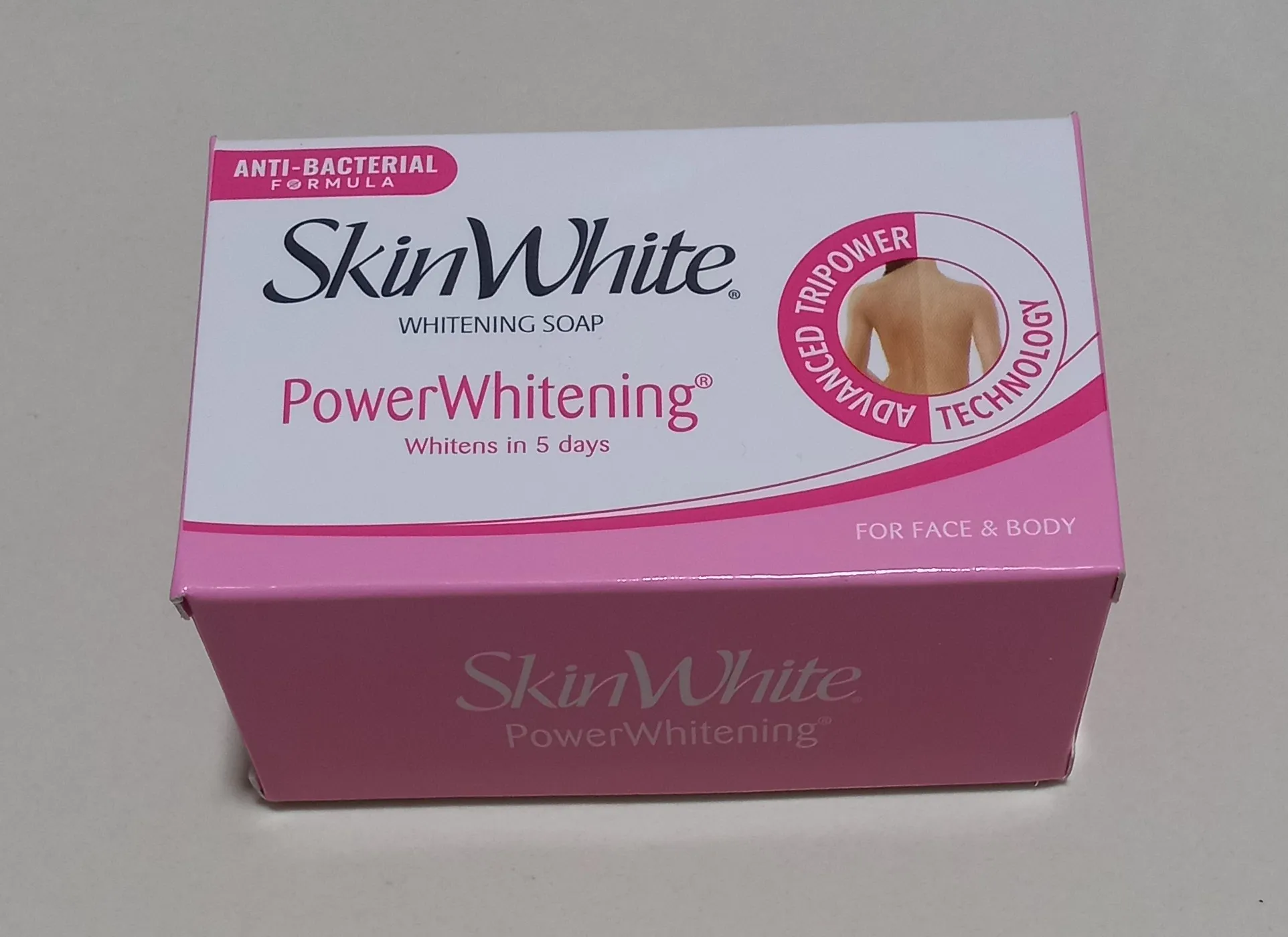
The pH level of your skin significantly impacts its overall health. An alkaline environment can disrupt the skin’s protective barrier, leading to increased water loss and dryness. It can also make the skin more susceptible to irritants and allergens. Conversely, an overly acidic environment can also cause irritation. A balanced pH allows the skin to function optimally, supporting its natural defenses and promoting a healthy complexion. This image shows how the PH level affects the skin and how to take care of the skin. (skin-ph-balance.webp)
Ideal PH Levels for Sensitive Skin
For sensitive skin, the ideal pH level of skincare products, including whitening soaps, is slightly acidic, mirroring the skin’s natural pH. Look for products with a pH between 4.5 and 5.5. This range helps to maintain the skin’s protective barrier, reduces the risk of irritation, and supports the overall health of the skin. Products that are too alkaline can be particularly damaging to sensitive skin.
Why PH Matters in Whitening Soap
Whitening soaps often contain ingredients that can potentially disrupt the skin’s pH balance. Many traditional whitening soaps have a high pH, making them harsh and irritating, especially for sensitive skin. The goal is to find a product that effectively whitens the skin without compromising its natural protective mechanisms. This means choosing a soap that is gentle and maintains a healthy pH level.
The Role of PH in Melanin Production
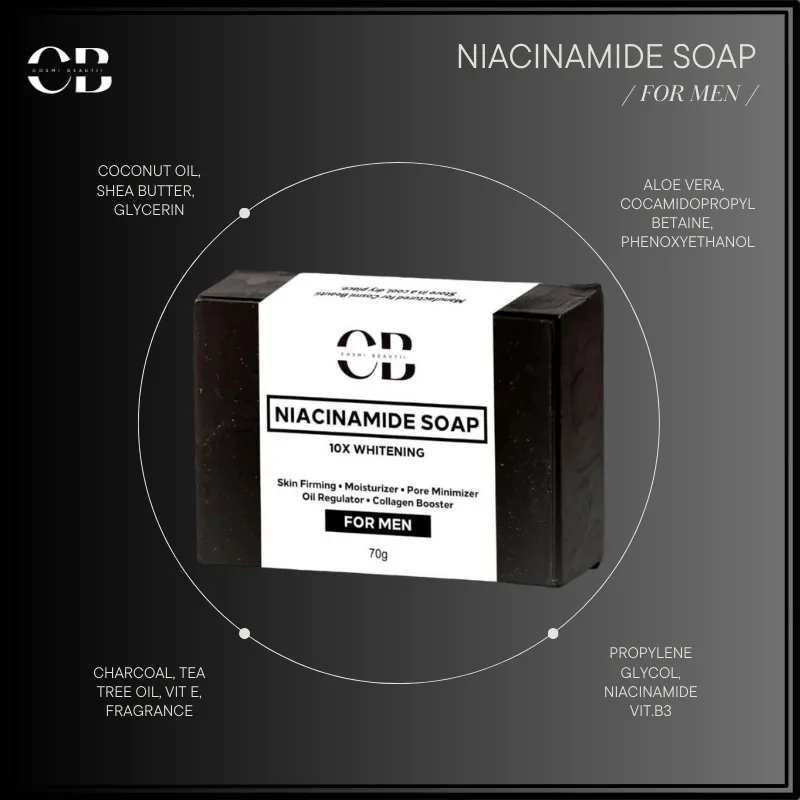
The pH of the skin can indirectly influence melanin production, the pigment responsible for skin color. While the pH of a soap doesn’t directly control melanin, a healthy pH level supports the overall skin health. When skin is healthy, it is better able to regulate melanin production. Therefore, using a pH-balanced whitening soap can create an environment conducive to even skin tone and reduce hyperpigmentation without causing further irritation.
PH and Skin Irritation
High pH soaps can strip the skin of its natural oils, leaving it dry and vulnerable to irritation. This can lead to redness, itching, and even more significant skin issues. For those with sensitive skin, this is a major concern. Choosing a pH-balanced whitening soap is essential to minimize irritation and maintain the skin’s health. This is a vital step in the whitening process and overall skincare routine.
Top 7 Secrets for Whitening Soap for Sensitive Skin
Finding the right whitening soap for sensitive skin requires careful consideration. Here are the top 7 secrets to guide you in making the best choice, ensuring your skin gets the care it deserves while achieving a brighter complexion. These secrets are designed to help you navigate the world of skincare with confidence and achieve the results you desire without compromising the health and well-being of your skin. (whitening-soap-sensitive-skin-main.webp)
Secret 1 Choose a Soap with a Balanced PH

The pH level is the cornerstone of a good whitening soap for sensitive skin. Look for soaps that are pH-balanced, ideally between 4.5 and 5.5. This range closely mirrors the skin’s natural acidity, helping to maintain the skin’s protective barrier. Balanced pH soaps minimize irritation and ensure the skin remains healthy while you are whitening.
The benefits of balanced PH in whitening soap
Using a soap with a balanced pH provides numerous benefits, including reduced irritation, enhanced hydration, and improved skin barrier function. This results in a healthier complexion and makes the whitening process more effective and gentle. A balanced pH also helps to prevent dryness and supports the skin’s natural defenses against environmental stressors.
Secret 2 Look for Gentle, Natural Ingredients
Opting for soaps with gentle, natural ingredients is crucial for sensitive skin. Natural ingredients are less likely to cause irritation and often have soothing properties. These ingredients can effectively whiten the skin while simultaneously nurturing and protecting it. This image shows ingredients that are good for the skin. (ingredients-for-sensitive-skin.webp)
Ingredients to avoid

Avoid soaps with harsh chemicals such as sulfates (SLS/SLES), parabens, artificial fragrances, and dyes. These ingredients are common irritants that can trigger reactions in sensitive skin. Always check the ingredient list to ensure the soap is free from these potentially harmful additives.
Ingredients to look for
Seek out soaps containing natural, skin-friendly ingredients like aloe vera, chamomile, shea butter, and oatmeal. These ingredients possess soothing, hydrating, and anti-inflammatory properties that can benefit sensitive skin. Also, consider soaps with natural whitening agents like kojic acid or licorice extract, which are gentler alternatives to harsh chemicals.
Secret 3 Moisturizing Ingredients are Key
Moisturizing ingredients are essential for maintaining skin hydration and preventing dryness, which can be a common issue with whitening soaps. Look for soaps that include ingredients like glycerin, hyaluronic acid, and plant-based oils. These ingredients help to lock in moisture, keeping the skin soft and supple while whitening.
How moisturizers help skin
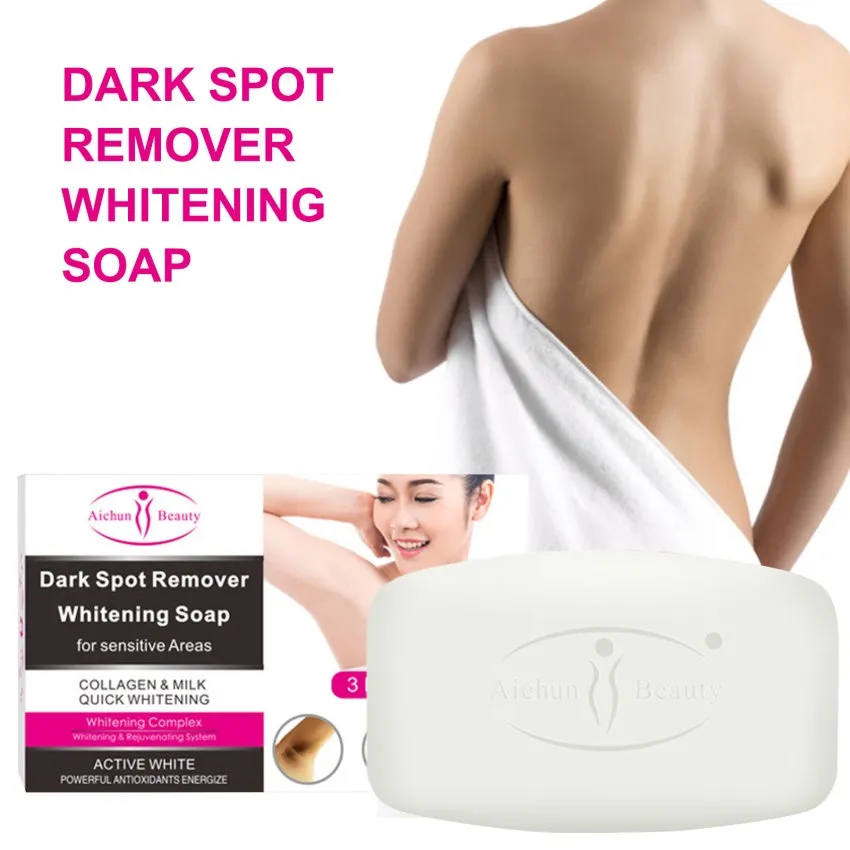
Moisturizers work by attracting and retaining water, which helps to maintain the skin’s natural moisture balance. This, in turn, strengthens the skin’s barrier function, making it less prone to irritation and dryness. By including moisturizing ingredients, the soap will help to hydrate the skin and promote overall health while achieving a brighter complexion.
Secret 4 Patch Test Before Use
Always perform a patch test before using any new whitening soap, especially if you have sensitive skin. This test can help you determine whether the soap will cause an adverse reaction. This is a critical step in your skincare routine to ensure you are not exposing yourself to irritants and allergens. (patch-test-soap.webp)
How to properly patch test a soap
Apply a small amount of the soap to a discreet area of your skin, such as behind your ear or on your inner arm. Wait for 24-48 hours and observe for any signs of irritation, such as redness, itching, or burning. If no reaction occurs, it’s likely safe to use the soap on a larger area. If a reaction does occur, discontinue use immediately.
Secret 5 Avoid Harsh Chemicals
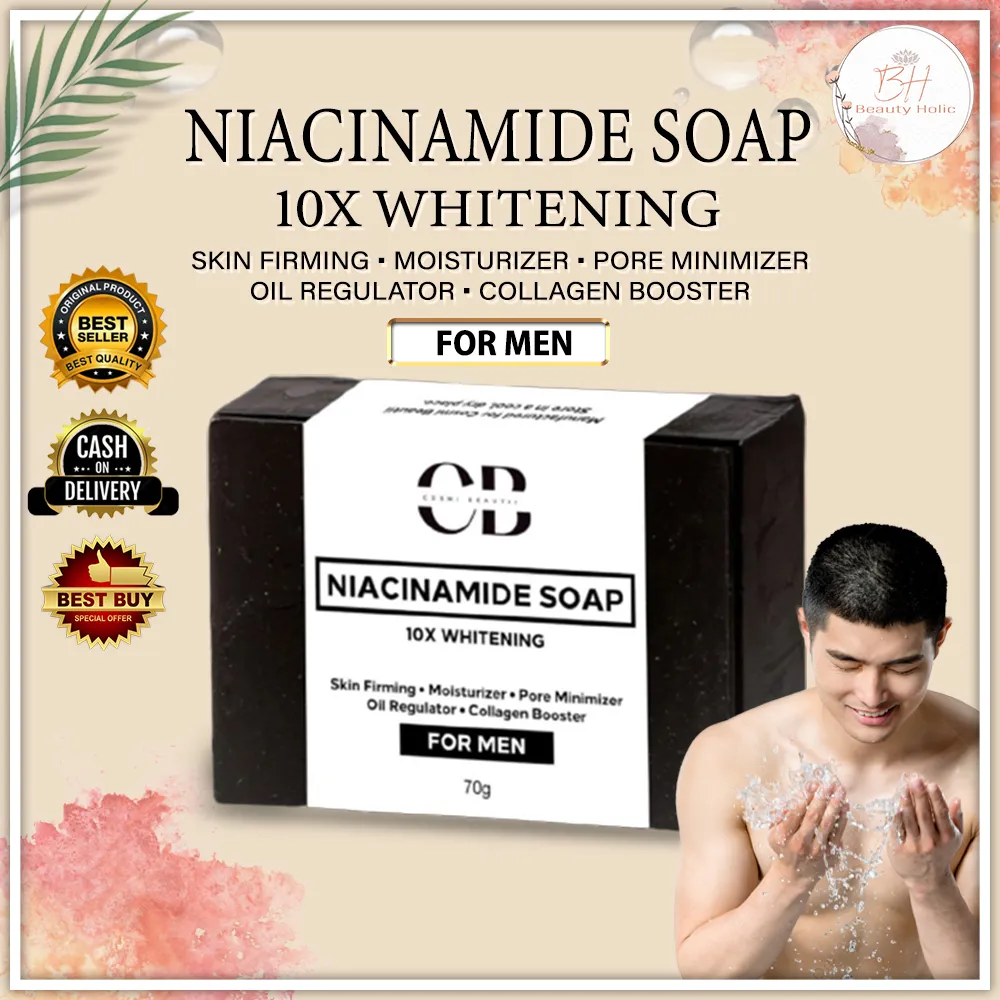
Harsh chemicals can strip the skin of its natural oils, leading to dryness, irritation, and potential damage. Avoiding these is crucial for sensitive skin. When selecting a whitening soap, it’s essential to be aware of the common chemicals that can cause harm and choose products that are free from them. (avoid-harsh-chemicals.webp)
Chemicals to stay away from
Some of the chemicals to avoid in whitening soaps include: sulfates (SLS/SLES), which can be overly drying and irritating; parabens, which are used as preservatives but can cause allergic reactions; artificial fragrances and dyes, which can trigger sensitivity; and hydroquinone, a powerful whitening agent that can cause severe side effects. Opt for soaps that use gentler, natural alternatives.
Secret 6 Read Reviews and Recommendations
Before purchasing any whitening soap, read reviews and seek recommendations from other users, particularly those with sensitive skin. This can provide valuable insights into the soap’s effectiveness, gentleness, and overall user experience. Customer reviews often highlight potential issues and benefits, helping you make a more informed decision. (soap-reviews.webp)
Tips to find good reviews
Look for reviews that specifically mention sensitive skin and the absence of irritation. Pay attention to reviews that discuss the soap’s long-term effects and any potential drawbacks. Verify the authenticity of the reviews by checking the reviewer’s profile and looking for consistent feedback across multiple products. Reading reviews can help you get a better understanding of how a product will work for you.
Secret 7 Consistency is Critical for Results
Achieving brighter, more even-toned skin with whitening soap requires consistency. Using the soap regularly, as directed, is key to seeing results. This also means incorporating the soap into your daily skincare routine and maintaining it over time. The consistency of your use will have a significant impact on the success of your whitening efforts. (consistent-skincare.webp)
Importance of regular use
Follow the product’s instructions for daily use, and be patient. Results may not be immediate. Regular and consistent use allows the ingredients to work effectively, gradually lightening the skin tone. Skipping applications or using the soap infrequently will diminish the effectiveness of the product and delay desired results. The key to success with whitening soap is a consistent and dedicated approach to skincare.
Conclusion Finding the Right Whitening Soap
Choosing a whitening soap for sensitive skin involves understanding the importance of pH balance, selecting gentle ingredients, and avoiding harsh chemicals. By following the 7 secrets outlined in this guide, you can confidently navigate the options and find a product that effectively whitens your skin while also keeping it healthy and protected. Remember that consistency and patience are critical, and always prioritize the well-being of your skin.
